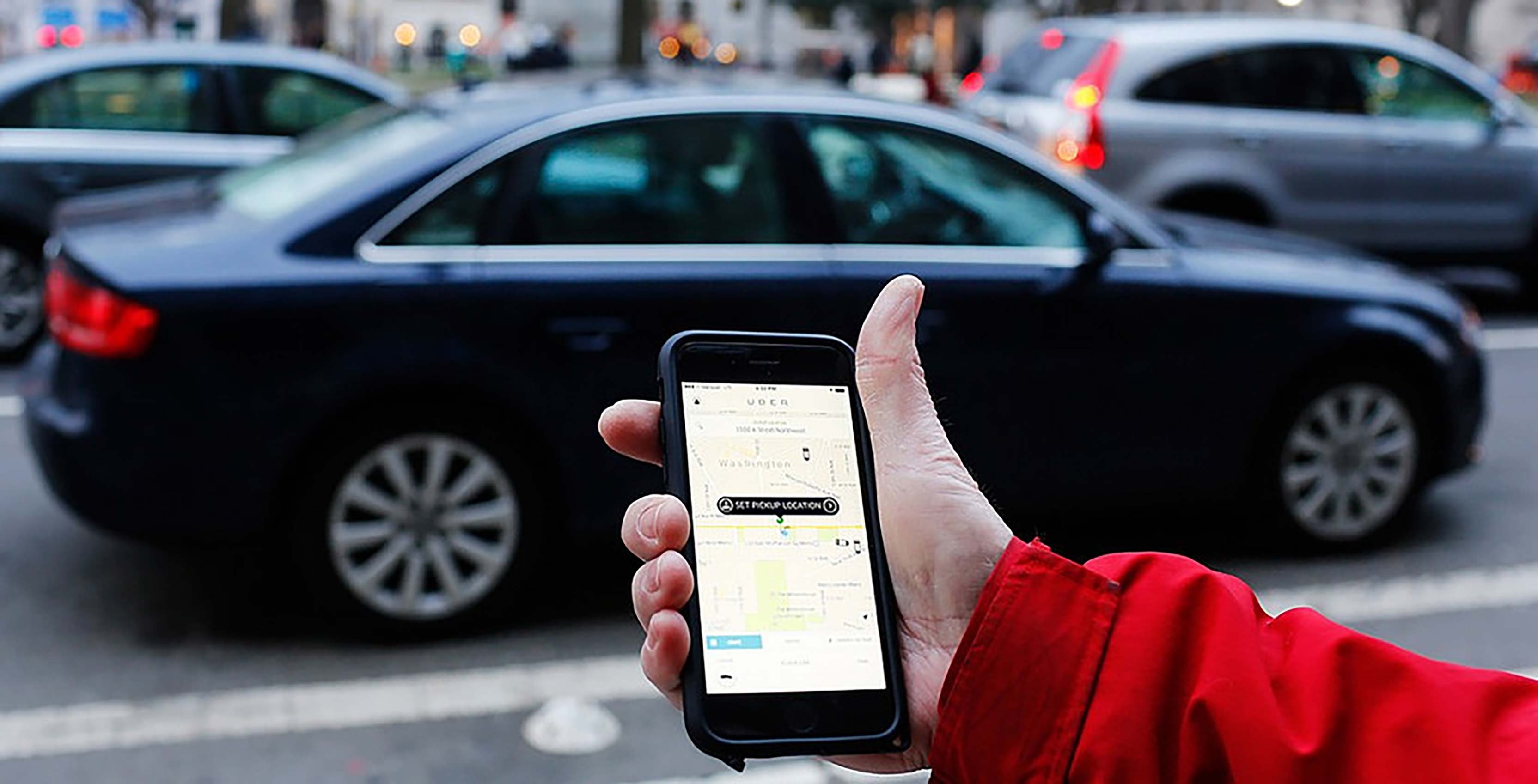
The Town of Innisfil is ready to launch the second stage of its public transit partnership with U.S.-based ride-sharing giant Uber.
City staff are asking council to approve $350,000 CAD in additional spending.
Innisfil is also looking to add two more $3 CAD flat fare destinations: Alcona Lakeshore Library and Lefroy Community Centre.
Other stage 2 suggestions include eliminating the annual medical check requirement enumerated in Innisfil’s taxi bylaws.
“This reflects comments heard from the local taxi companies and helps ensure that similar requirements are in place for local taxi drivers as for Uber driver partners,” reads an excerpt from a March 7th, 2018 staff report.
The same March 2018 report revealed that the town logged 26,688 total trips since the pilot project launched in May 2017, with 3,493 different people taking “at least one Innisfil Transit trip.”
Additionally, 1,393 drivers provided Innisfil Transit trips since the project launched last year.
The most popular locations were the Innisfil Heights Employment Area, the Innisfil Recreational Complex, Barrie South Go station and the Innisfil Go bus stops.
Innisfil Transit was busiest during December 2017, when 5,303 trips were logged. Public transit was least busy when the project first launched, with only 899 trips logged in May 2017.
“Innisfil Transit has had a major impact on our community, providing residents with a safe, convenient and inexpensive door-to-door transit solution that a bus system could never provide,” said Innisfil Mayor Gord Wauchope, in a March 15th, 2018 media release.
Innisfil is the first Canadian city to formally partner with Uber in place of establishing a formal public transit system.
By partnering with Uber — rather than establishing the infrastructure needed for two separate bus lines — the city estimates that it will be able to save approximately $8 million CAD.
“Though this calculation could be considered extreme as it is subject to a wide range of assumptions, it nevertheless indicates that the estimated 2018 cost of $500,000 for a demand-based ride-sharing transit service across the entire Town represents a savings of several millions dollars over a bus service that would provide a comparable level of coverage,” reads an excerpt from the March 2018 staff report.
MobileSyrup may earn a commission from purchases made via our links, which helps fund the journalism we provide free on our website. These links do not influence our editorial content. Support us here.


